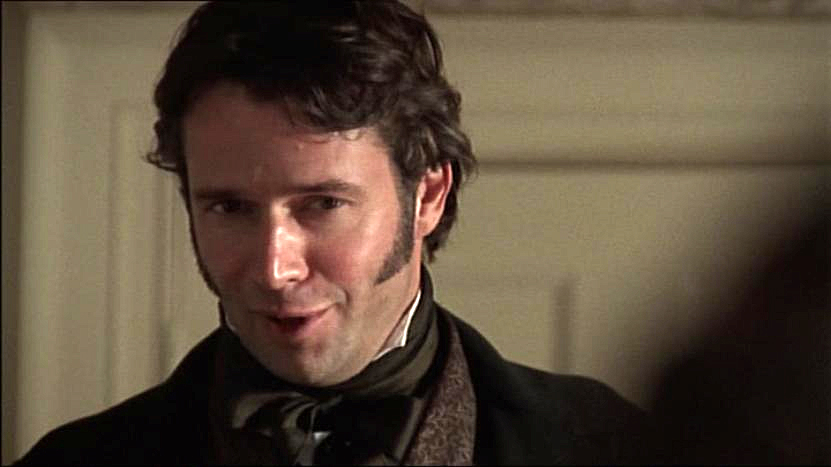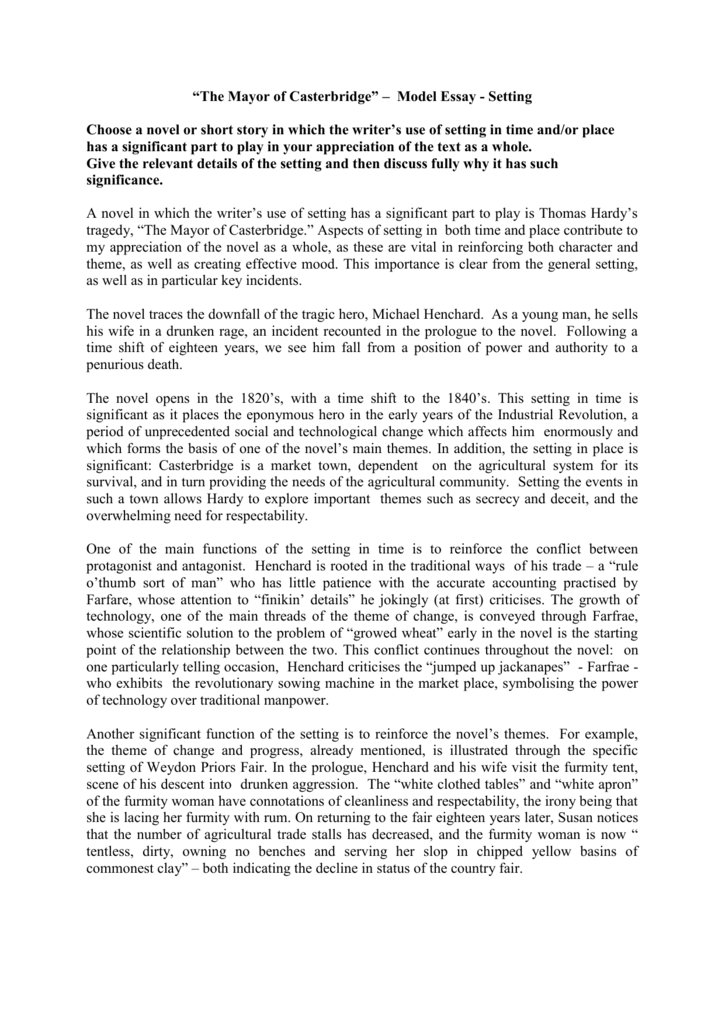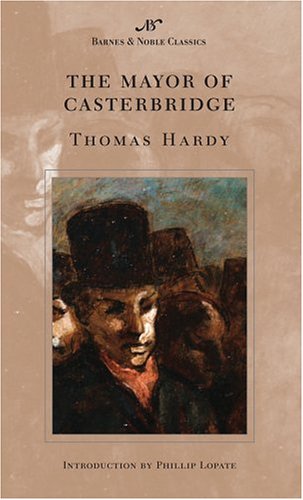
It is also the name of a river in Poland (German). He was condemned to have his food snatched from him by harpies, half-woman, half-birdlike creatures who acted as the gods' avengers. Prester John in mythology, a king who was punished by the gods.

Rosette an ornament resembling a badge similar to a rose.

It becomes apparent even to Henchard that some blind, dooming fate has structured the events of his life in a series of false leads toward happiness, only to dash them at the last moment. Thus, he would not have found Susan's letter of confession. His elaborate scheme to remarry Susan and regain his child has almost succeeded, but if he had not been prompted by paternal, possessive feelings toward Elizabeth-Jane, he would not have searched for proof to show her. Everything he does appears to be destined to failure. But there is no joy for him in these long-awaited words: "His reinstation of her mother had been chiefly for the girl's sake, and the fruition of the whole scheme was such dust and ashes as this."įate seems to be closing in upon Henchard. When he greets Elizabeth-Jane at breakfast, she tells him that she has accepted him as her true father. He feels that he must continue along the path he has started rather than face abiding humiliation. All that night he walks alone through the dismal northeastern part of town, where the jail and gallows are, meditating on the fate he has brought upon himself. Henchard's plans for happiness are now blasted. Henchard's little girl had died three months after he sold his wife. It is Susan's revelations that Elizabeth-Jane is not his child, but Newson's. Henchard leaves her to find documentary proof of his marriage to Susan, but as he is rummaging through his papers, Susan's poorly sealed letter falls open before him.

She agrees, and the letter is written and sent to the Casterbridge Chronicle. Henchard asks her if she will now consent to change her name to his. However, he hides from her the complete truth by telling her that Susan had thought him dead and had remarried. Three weeks after Susan's funeral, prompted by loneliness and bothered by Elizabeth-Jane's inability to accept him as her father, Henchard impulsively reveals to Elizabeth-Jane that he is her real father.


 0 kommentar(er)
0 kommentar(er)
